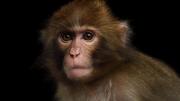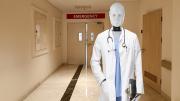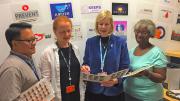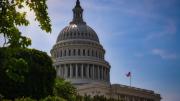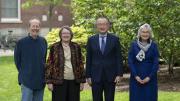One of the most clinically significant scientific questions about SARS CoV-2 is whether the human immune system can protect against the disease, as the result of either vaccination or the body’s response to natural infection.
A pair of studies in macaques, which share 93 percent of their DNA with humans, suggests that exposure to the disease or administration of a vaccine can confer protective immunity. “Our findings increase optimism that the development of COVID-19 vaccines will be possible,” said professor of medicine and of immunology Dan Barouch, senior author of both Science papers. The results are being hailed by other scientists as extremely good news.
In the study of natural infection, the researchers exposed nine macaques to SARS-CoV-2. All recovered and developed antibodies. Five weeks later, the macaques were again exposed to the virus. This time, the animals displayed rapid immunologic control of the infection, and developed no clinically observable symptoms.
In the vaccination study, Barouch and colleagues in his Beth Israel Deaconess Medical Center laboratory tested six DNA vaccines, designed to instruct the immune system to recognize the SARS-CoV-2 virus that causes COVID-19 disease. (DNA vaccines have not traditionally been viewed as optimal platforms for human vaccine development, and are just one of many approaches being pursued worldwide.) Each vaccine was slightly different: one encoded the full sequence of the spike protein that the virus uses to enter human cells; another did the same, but deleted the cytoplasmic tail; others encoded for different fragments of the spike protein.
The researchers found that all the vaccines, delivered as an initial shot followed by a booster, conferred protection, but some were more effective than others. Furthermore, they discovered that animals that developed higher numbers of antibodies after vaccination also exhibited lower levels of virus after subsequent exposure to SARS-CoV-2. This means that measuring the antibody response could provide clues to the effectiveness of vaccines during clinical testing.
Still unclear is the durability of human immunity to this coronavirus. “Further research will be needed to address the important questions about the length of protection,” said Barouch, “as well as the optimal vaccine platforms for SARS-CoV-2 vaccines for humans.”
